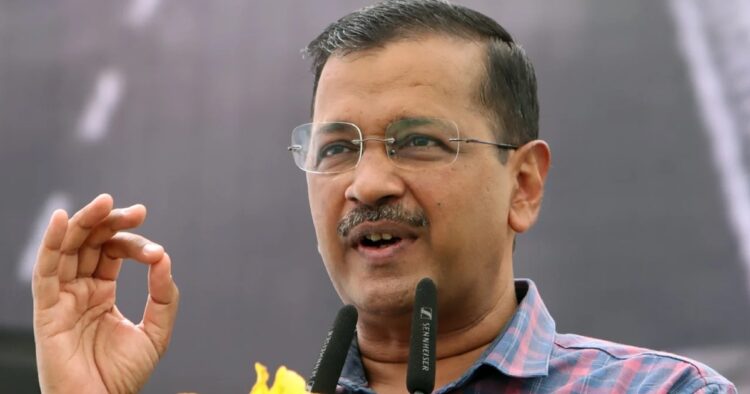In a recent development, the Delhi High Court has declined to provide interim protection from arrest to Delhi Chief Minister Arvind Kejriwal concerning summons issued to him by the Enforcement Directorate (ED). These summons are related to a money laundering investigation associated with the now-defunct Delhi excise policy.
The decision came after a thorough examination of the material by the court, which it had requested from the ED in connection with summoning the Aam Aadmi Party (AAP) national convenor.
In its order, a bench comprising Justice Suresh Kumar Kait and Justice Manoj Jain stated, “After hearing both the parties, we are not inclined to grant the relief at this stage.”
Although the court did not grant interim protection from arrest, it questioned why Kejriwal had not sought anticipatory bail from the lower court if he feared arrest. The bench also queried the ED about their repeated summoning of the Chief Minister without resorting to arrest.
Kejriwal, in his plea, sought direction from the court to prevent coercive action against him upon appearing in response to the summons. He challenged the summons issued by the probe agency in March and February, aiming to quash proceedings against him as both an AAP leader and the CM in the money laundering case.
The Chief Minister’s move to approach the High Court followed his bail grant by the additional chief metropolitan magistrate on March 16, following his physical appearance in court regarding complaints filed by the ED for allegedly disobeying previous summons.
During the hearing, Kejriwal’s counsel argued that the summons were issued with an ulterior motive, coinciding with the announcement of the general elections schedule. They emphasized that the summons lacked specificity regarding his appearance and were devoid of material and questionnaire.
Contrarily, the ED contended that they had sufficient grounds to summon Kejriwal as an individual, not in his official capacity. The ED stressed that the law should not favor those who flout its mandates, while clarifying that they never explicitly stated intent to arrest the CM.
The High Court’s questioning of Kejriwal’s non-appearance before the probe agency echoed previous inquiries regarding his repeated failure to attend summons. The ED has issued nine summons to Kejriwal to participate in the investigation of the alleged money laundering case related to the Delhi excise policy scam.
The probe agency’s latest summons, issued on March 21, was not attended by the Delhi Chief Minister.

















Comments